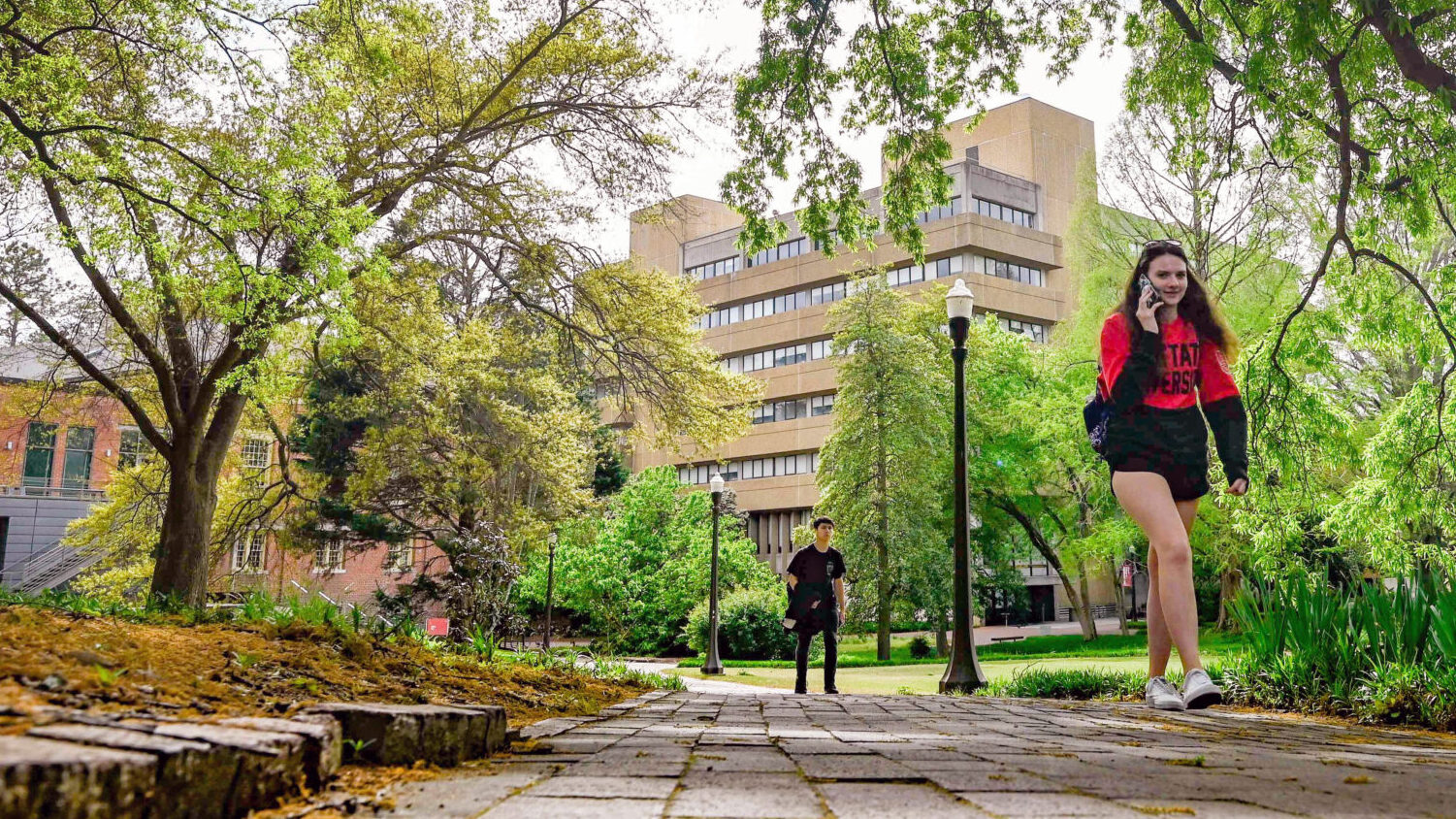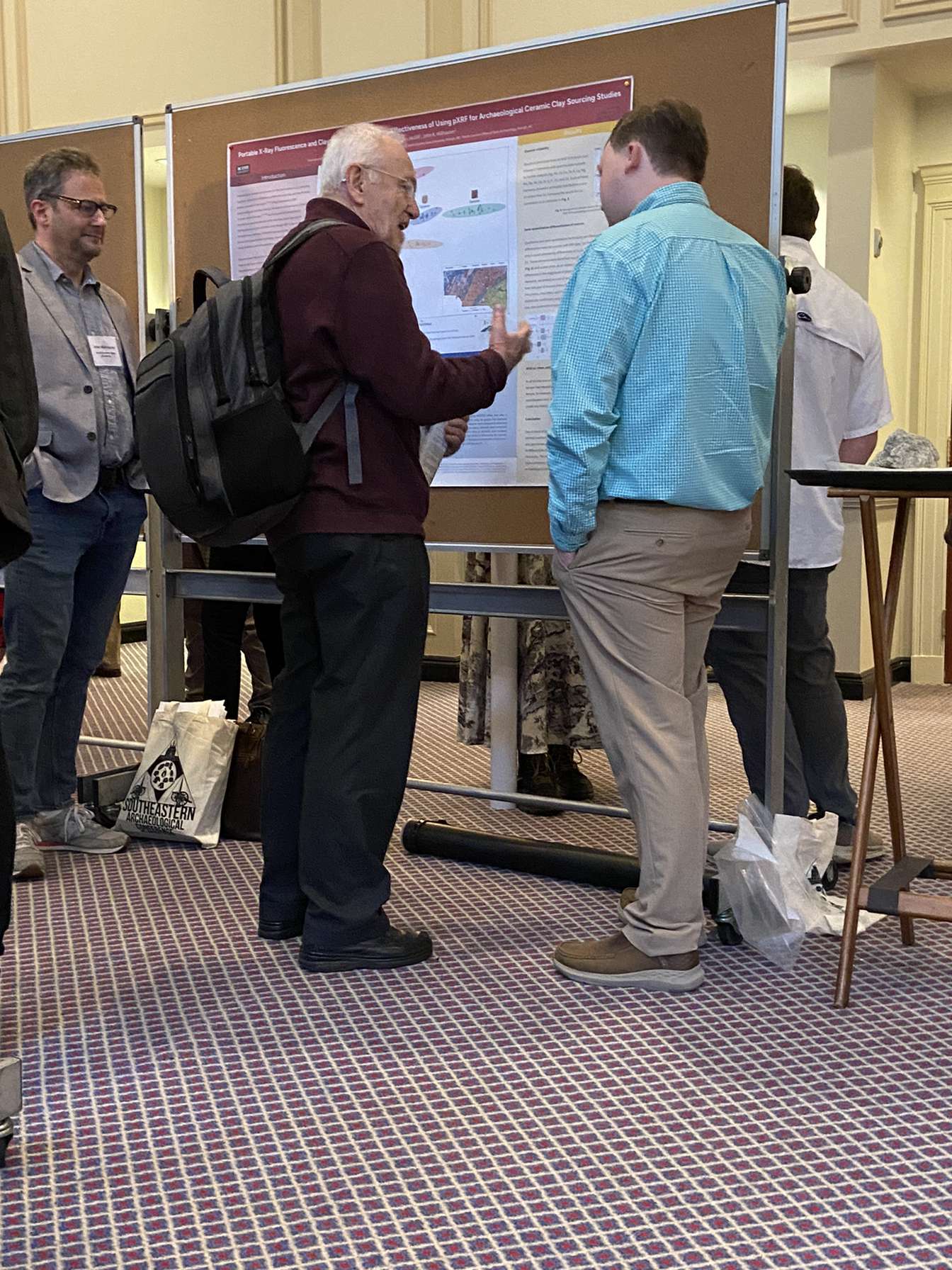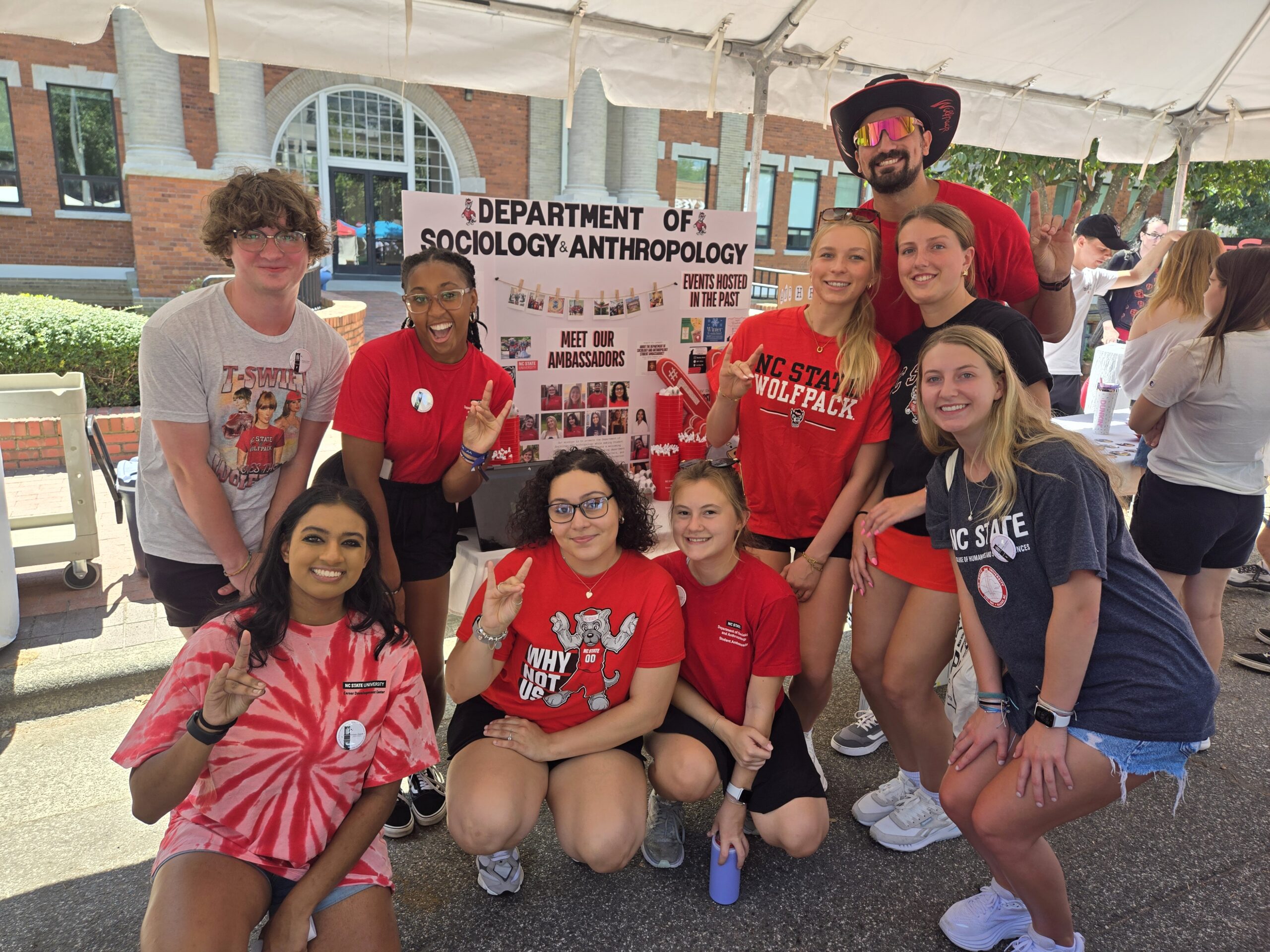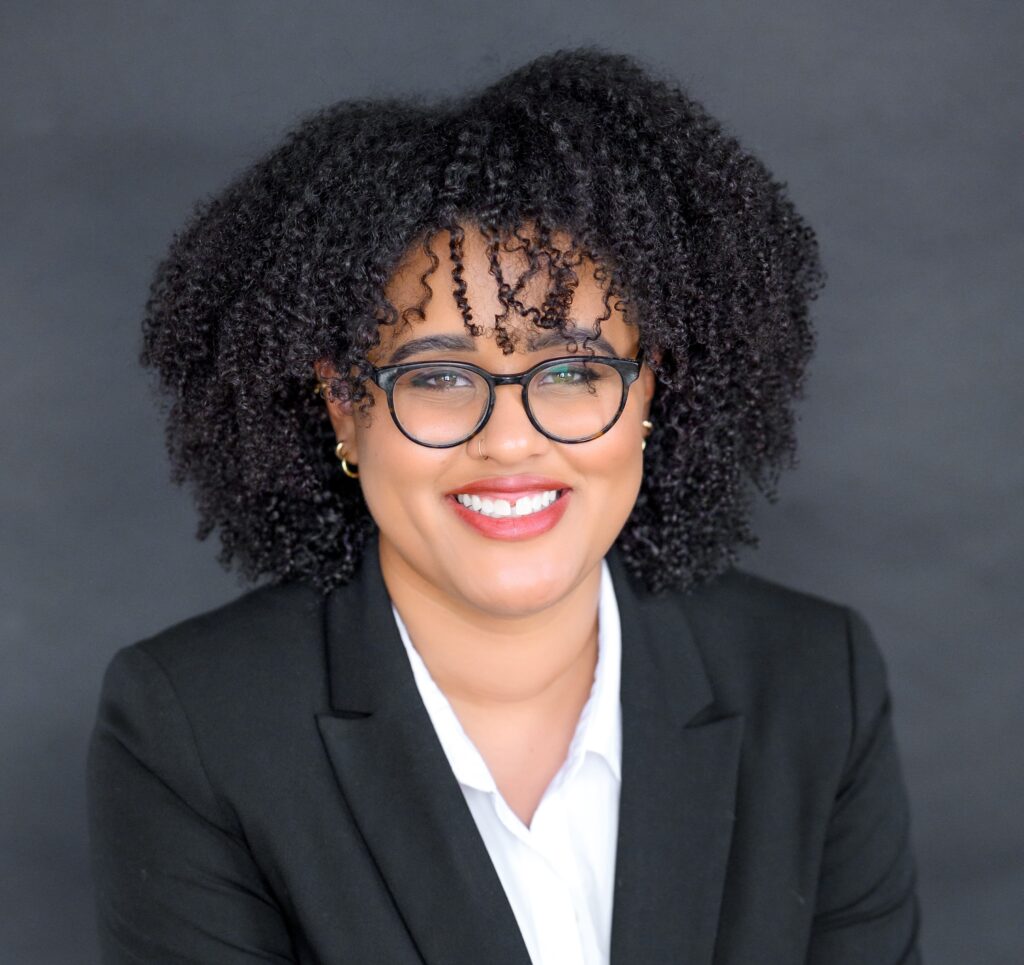Scheduled university breaks are a time when students look forward to stepping back from classes, relaxing, recharging, having fun and coming back to classes with a fresh, rested mind to take on the final stretch of their semester. A common activity that students do during their breaks is traveling, whether is with family, friends or their Wolfpack community.
One opportunity that NC State and the Office of Student Leadership and Engagement offers is the Alternative Service Break (ASB), which happens during the fall, winter, spring and summer breaks. This program, at its core, consists of students traveling abroad or domestically to engage with different cultures and communities in need and help them in ways such as housing, food security, water quality and sanitation and medical clinics, among other important social issues. NC State partners with other non-profit organizations that are on-site in the community that is being helped to maximize student and partnership efforts to aid the residents of the community.
The ASB program focuses on immersing students, who are prepared extensively beforehand, in a unique learning experience that engages in direct service to a community while being immersed in a different culture. Goals of the program include helping participants explore and advocate for social justice issues, reflect on their roles in a global community, provide opportunities for cultural and language immersion through service projects with diverse individuals and communities, among other important goals.
In an interview with assistant vice chancellor, student ombuds and founder of the ASB program, Mike Giancola, describes the program, “ASB is less about helping people and more about making meaningful relationships with the community,” Giancola stated. “Indeed, it’s not just about helping people with less resources, but a process of mutual growth while engaging both cultures.”
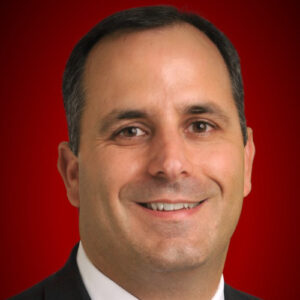
In addition, many students refrain from applying to the program because language barriers, culture shock and homesickness may arise, but Giancola encourages students to apply and go on these service trips to allow for life-changing experiences that they will never forget. Language barriers don’t matter when a sense of community is developed in a foreign country where students visit. Giancola said in his interview that, “The power of the ASB model is that students have a significant experience with the community they are working in that will enhance their personal and professional lives,” he said. “Students will be able to see the value of traveling with fellow Wolfpack members, exploring different social justice issues, growing personally and professionally and, ultimately, having a service break trip experience like no other.”
One of Giancola’s favorites quotes from Yanet, a leader of a community called El Batey, located in the Dominican Republic says: “I don’t need to know what language you speak to communicate with people, I just need a smile and I know what you’re trying to say.”
For more information on ASB, application procedures, funding, and other important details visit the program’s website.
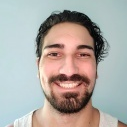
This story was written by Department of Sociology and Anthropology student ambassador and sociology and anthropology major Alex Soto.
- Categories:
